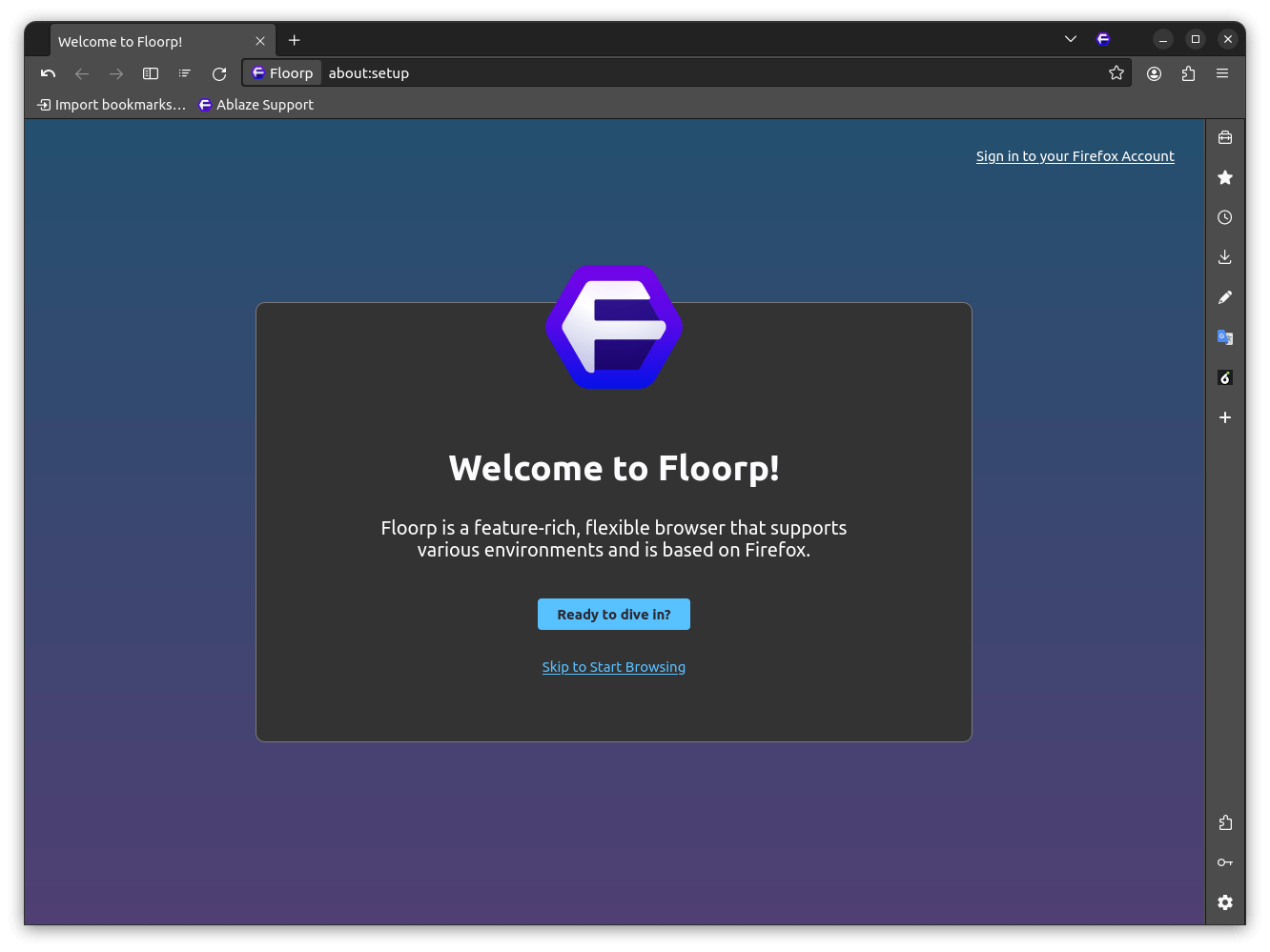In the Internet world, where Google dictates the rules with an iron fist, many turn to Firefox as their last line of defense against Chrome clones. Fueled by ad revenue, Google's dominance is undeniable. While Mozilla maintains a complex relationship with Google, it remains the sole guardian of an independent browser engine. Despite this, Firefox struggles to retain market share.
Why do people abandon Firefox? Even when it's the default browser on some Linux distributions?
Personally, it boils down to perceived smoothness or lack thereof. While Firefox offers features and respectable page rendering speed, it often feels sluggish compared to Chrome. Additionally, SmoothScroll alternatives for Firefox can be finicky to set up.
However, a new player has entered the arena: FloorP.
It promises blazing Chrome-like speed with Edge-like responsiveness. Although Browser Bench scores show it falling slightly short of Thorium (a Chrome fork with AVX2 optimizations), FloorP boasts some enticing features:
Vertical Tabs: Popularized by Edge, this layout enhances organization.Optional Speed/Smoothness User.js: This feature allows users to fine-tune their experience.
Hardware Media Decoding: Unlike Chrome, FloorP supports hardware-accelerated decoding for h264 videos.
Fullscreen Tabs: Easy access to tabs while viewing websites in Fullscreen window.
With Chrome's Manifest v3.0 looming, adblockers face potential limitations. This could mean no ad-blocking on Google websites and no blocking of Google ads elsewhere, expected sometime in 2024.
Firefox's stance on ad-blocking extensions stands in stark contrast to Chrome's upcoming restrictions. This makes it a potential haven for privacy-conscious users who despise intrusive ads.
Forks like FloorP, however, offer an ideal choice for those who value speed and efficiency while still wanting some flexibility over their browsing experience.

Comments
Post a Comment